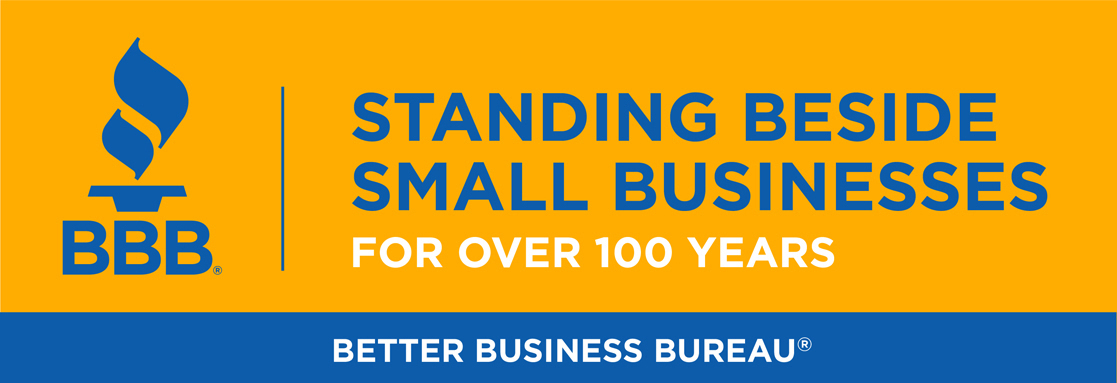While prospective college students await their highly anticipated acceptance letters this spring, they may be starting to think about how they can find financial assistance for their college journey. Some companies offer scholarship opportunities or help finding aid for a fee — but are they really the best option for students?
Most scholarship information is free. Better Business Bureau® (BBB®), which awards a Student of Ethics scholarship, advises students to look into free options, like talking to a high school counselor or researching online, before paying a company to find financial aid opportunities.
Fraudulent companies may promise a money-back guarantee if students are unable to secure grants or scholarships, but they also set so many conditions that it can be impossible to get a refund. Legitimate companies can sometimes help students find aid, but they will not guarantee results.
Students should also be on the lookout for unsolicited scholarship offers – especially those asking for an application fee. Most scholarships are free to apply for.
Some scammers will pretend to be financial aid representatives and use high-pressure tactics to get students to pay a “processing fee” to be eligible for a “guaranteed” scholarship or grant. They may also use a fake scholarship application to get personal or financial information from students.
Finding aid can be stressful, but there are plenty of free resources for students that come from reliable voices like the federal government or university counseling.
Tips for students and their families:
• Check for federal aid first. Students can fill out the Free Application for Federal Student Aid (FAFSA) and find other financial aid resources at studentaid.gov. This is a good starting point for your search.
• Ask trusted sources. Discuss your options with your guidance counselor or financial aid office – they’re here to help you! They may recommend scholarships or free resources for finding aid. If you’re considering a paid service, ask them if they have experience with it.
• Take your time. Don’t rush into paying for help at a seminar and be cautious if a company pressures you to buy immediately. There are lots of options for finding financial support, many of them free, so give yourself time to research.
• Do your research. Investigate any financial aid company you consider using. Check the company’s BBB Business Profile at BBB.org to find consumer reviews, ratings and other information that can tell you how the company operates.
• Ask questions. Be cautious if a company is reluctant to answer your questions about the service or the process. A reputable organization should be able and willing to answer these.
• Get references. Ask for the names of families in your community who have used the service in the last year, so you can discuss their experience.
• Get it in writing. Ask for information about fees and refund policies in writing. Keep in mind that dishonest companies may refuse to provide refunds in spite of their stated policies.
• Beware unsolicited offers. Be cautious of letters or emails saying you’ve been selected to receive a scholarship you never applied for. Ask how the organization got your name and contact information. Research the source before you click unfamiliar links or call numbers in these messages.
• Report it. If you suspect a company of running a financial aid scam, report it to BBB Scam TrackerSM to help other students like you.




Facebook Comments